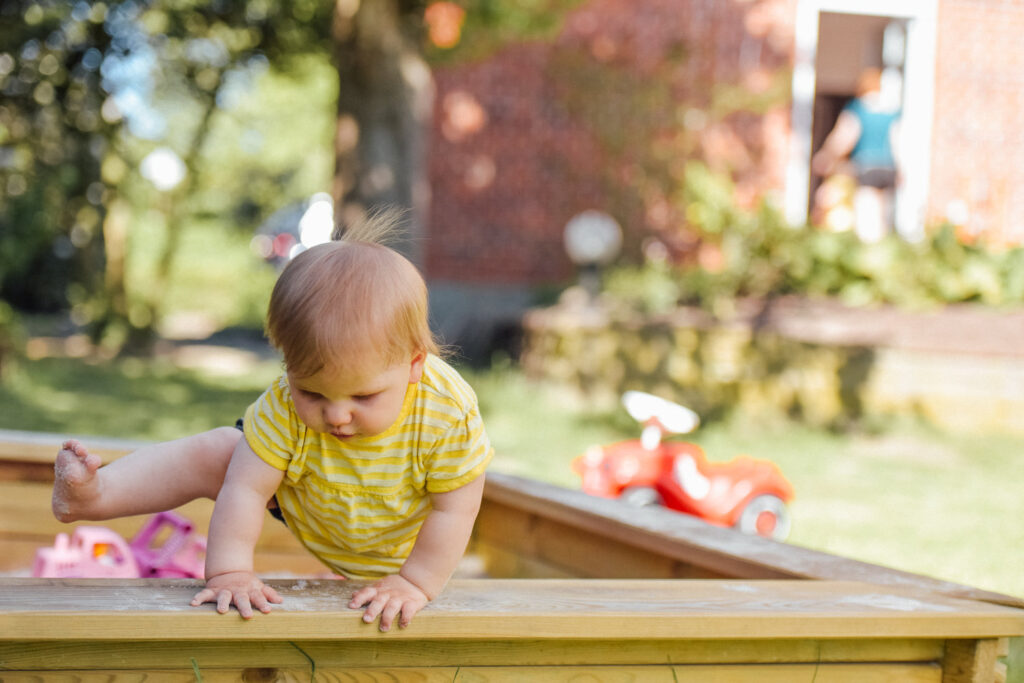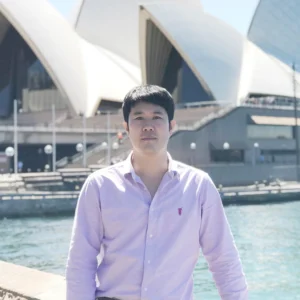Teachers and educators worldwide have long been worried about the problem of how to transform schools and how to bring up children so as to make them harmoniously developed beings. The idea of all-round education has now become a common currency. It refers to development of a child under the influence of every type of teaching and learning with the goal to incorporate in a person traits desirable both from the social and individual viewpoint. All-round developed children are expected to embody such features as cognitive abilities, artistic talents, motivation, and emotional balance.
In this pursue, more and more preschools appear to cater to the educational needs of toddlers. They offer modern facilities and enhanced learning environment, as well as adopt creative approaches to education. Such methodologies assist in strengthening learning abilities, observation, reasoning, exploring innate potential in children, and developing skills of self-expression. Montessori and Reggio Emilia philosophies are among these innovative educational methods.
The Reggio approach and Montessori method share many of the same common beliefs and are both committed to proactive learning and educating all-round developed children.
Both philosophies inspire children to learn through practical, multi-sensory experience of listening, watching, and touching;
Both consider the prepared preschool environment as an integral part of education and highlight the the need to make it an accessible children’s space with various natural materials;
Both regard children as competent, resourceful and independent individuals, and focus on respecting their unique needs and interests, while providing opportunities to express themselves;
Both allow children to learn at their individual pace without being rushed or held back until the rest of the class catches up;
Both encourage children to develop relationships with other children on par regardless of their educational or social background.
Sharing several points of intersection, these two alternative educational philosophies are completely compatible and, what is more, can bring bigger benefits when professionally combined together.
Curiously, the advantages of such a synergistic effect stem from the main differences between these two programs which include the role of the teacher, approaches to work, use of predefined materials, and integration of art.

Proactive learning in collaboration with a guide
While in the Montessori approach, the teacher is considered as an observer and guide, according to the Reggio methodology, the teacher is rather a co-learner and collaborator. Combining these two approaches encourages teachers to plan activities and lessons based on children’s interests, ask questions to develop their comprehension skills, and actively engage them into activities, which altogether facilitates children’s learning.
Teamwork for robust social skills
Montessorians promote individual work, while the Reggio approach supports a social-constructivist philosophy and focuses on teamwork in small-groups. A mix of the two methodologies results in collaborative projects with more opportunities for self-reflective learning. This helps children develop positive social skills like interaction, respect, patience, and empathy, so that they can grow into responsible members of a society while remaining exceptional individuals.
Proactive learning in collaboration with a guide
While in the Montessori approach, the teacher is considered as an observer and guide, according to the Reggio methodology, the teacher is rather a co-learner and collaborator. Combining these two approaches encourages teachers to plan activities and lessons based on children’s interests, ask questions to develop their comprehension skills, and actively engage them into activities, which altogether facilitates children’s learning.
Teamwork for robust social skills
Montessorians promote individual work, while the Reggio approach supports a social-constructivist philosophy and focuses on teamwork in small-groups. A mix of the two methodologies results in collaborative projects with more opportunities for self-reflective learning. This helps children develop positive social skills like interaction, respect, patience, and empathy, so that they can grow into responsible members of a society while remaining exceptional individuals.

Integration of art to develop creativity
In traditional Montessori preschools, art is usually taught separately, with children learning about different styles, techniques, and tools. Reggio Emilia sees art as a tool for children to learn academic concepts. We can blends innovative and inspiring Montessori and Reggio Emilia approaches to provide supportive environment for children’s harmonious development.
Children are exposed to the situations where they are to solve practical, technical and social problems to discover the amazing world around them. Facing the challenges of the world the little ones develop such cognitive skills as thinking, observation, imagination, attention and memory.
The preschool makes every effort to turn learning into an engaging and enjoyable process. Thus, while traditional schools separate disciplines, We can fuse together subjects – for example, combining math and literacy within cultural studies – to ensure more purposeful learning and better understanding.
Furthermore, we integrates numerous extra-curricular activities products for preschoolers to nourish children’s needs to splash out their creativity while developing emotionally. A variety of classes – like yoga, cooking, gardening, music, or caring for pets – gives rise to children’s emotional experience. Without recognizing that they are actually learning, kids have fun and acquire key skills such as teamwork, and self-discipline, as well as respectful attitude towards community and living beings.
While keeping in mind that children are not things to be molded, but are people to be unfolded, XIAIR KIDS aspires to create the most welcoming environment for this process to flow in harmony and balance.


